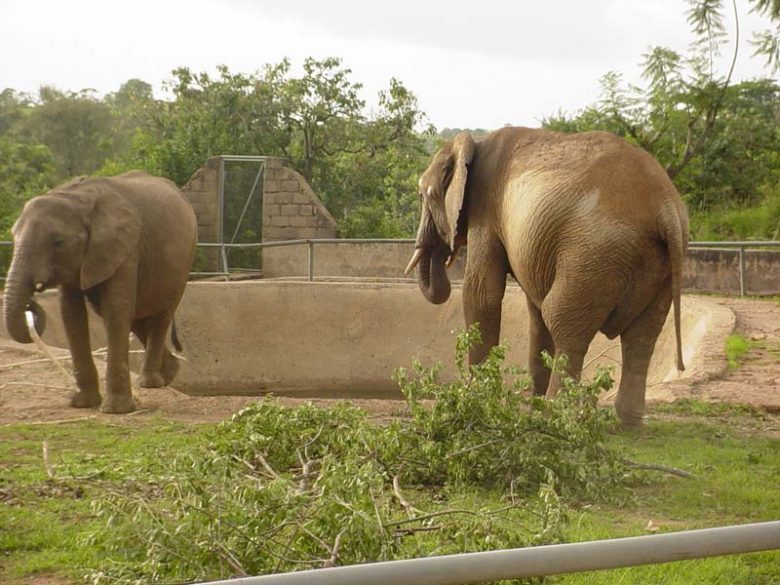Nigeria’s wildlife trade and threats to conservation
“I am a hunter. I supply fresh wild animals like pangolins, big snakes, antelopes, wild cats, etc.” This tweet on January 15, 2019, by Onayemi Temitope (@trotsky27), generated a massive online buzz, especially on Twitter where it had over 5, 000 engagements. Many called out this young man and labelled his action, wicked and punishable; […]

Jos Wildlife Park
“I am a hunter. I supply fresh wild animals like pangolins, big snakes, antelopes, wild cats, etc.”
This tweet on January 15, 2019, by Onayemi Temitope (@trotsky27), generated a massive online buzz, especially on Twitter where it had over 5, 000 engagements. Many called out this young man and labelled his action, wicked and punishable; others praised him highly for his courage and bravery.
No doubt, wildlife trade remains a very controversial subject on the African continent, perhaps across the world. The World Economic Forum asserts that with an annual upper income of $23 billion, wildlife trade is the 4th most lucrative global crime after drugs, humans and arms. While the Convention on International Trade in Endangered Species (CITES) of Wild Fauna and Flora is clear about international trade, with emphasis on sustainability, we must further accept that poaching of wildlife resources in Nigeria is largely unchecked, contributing to Nigeria’s rapid biodiversity loss.
While some very wealthy folks and greedy businessmen are keen on exploiting these resources at the expense of sustainability; the hunters – mostly stack illiterate in local communities – are paid only 3% of the total income, just enough to keep them poor and fuel their thirst to hunt more fauna.
At Wildlife of Africa Conservation Initiative, my team and I have always laid emphasis on Wildlife Education and Conservation using various platforms, formal (schools and universities), informal (communities, social and religious groups) and online advocacy.
In Nigeria, as with other developing countries, the present needs of the people come first and “availability is affordability”; hence, prioritizing the conservation of Nigeria’s wildlife resource would mean a series of inputs. As a member state, Nigeria would have to revisit and adopt CITES guidelines; interested stakeholders, development partners and private sectors will consistently have to lobby and influence the government’s political will at all levels, most importantly, there is a striking need to provide lots of other environmental-friendly economic options/job opportunities that could convert poachers and hunters to conservationists and researchers.
Seyifunmi Adebote, writes from Abuja, Nigeria and can be reached via:[email protected].
